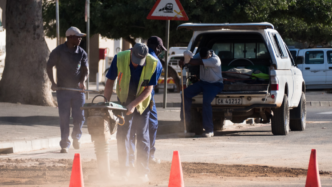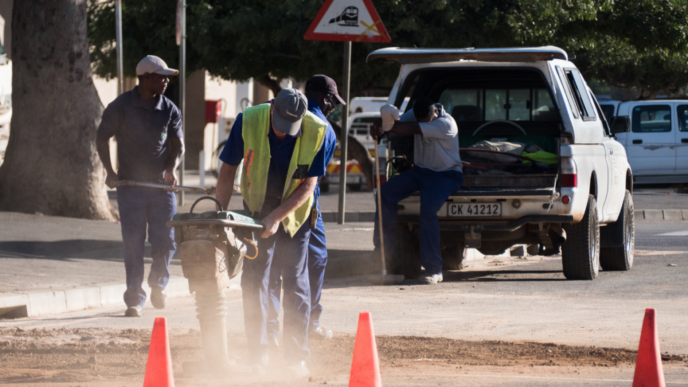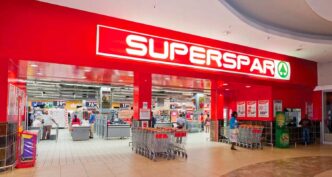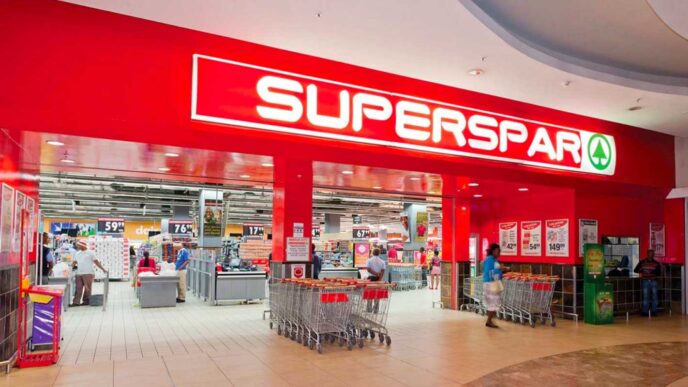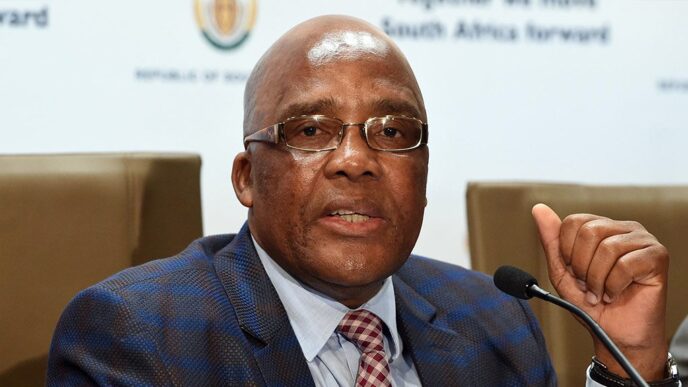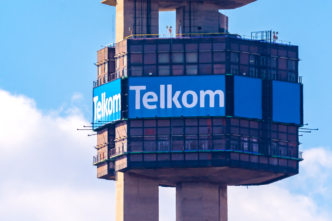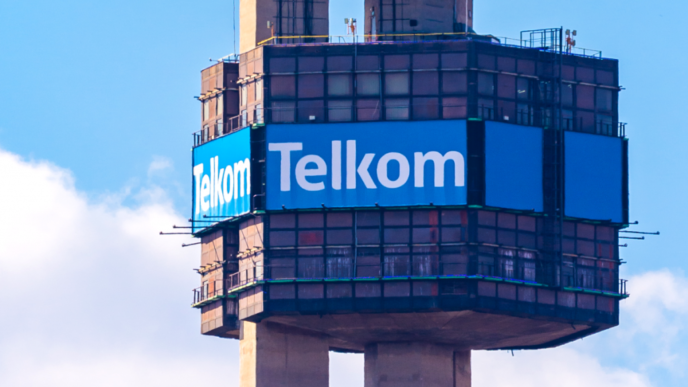outh African retail giant Spar has revealed a R4 billion loss for the 2025 financial year, citing a toxic mix of supply chain disruptions, unresolved technology failures, and escalating competition as key drivers of its financial collapse. This marks a dramatic downturn for the retailer, which reported steady growth in prior years but now faces existential challenges in a market already strained by inflation, loadshedding, and shifting consumer behavior.
The crisis stems from multiple fronts. Supply chain inefficiencies have plagued Spar’s operations, with delays in restocking and inventory mismanagement leading to empty shelves and lost sales. Industry insiders blame the company’s reliance on outdated logistics systems and poor coordination with suppliers, a problem exacerbated by ongoing port bottlenecks and fuel shortages. “Retailers can’t afford weak links in their supply chains—every disruption compounds into losses,” noted a Pretoria-based retail analyst.
Compounding the issue are lingering tech failures , including a disastrous SAP system rollout in KwaZulu-Natal in 2023 that cost the company R1.4 billion and disrupted operations for months. Despite assurances of a full recovery, sources indicate technical glitches persist, affecting inventory tracking and customer loyalty programs. Critics argue Spar’s digital infrastructure remains ill-equipped to compete with rivals leveraging AI-driven analytics and automated warehousing.
Meanwhile, intensifying market competition has eroded Spar’s pricing power. Discount chains like Shoprite and Pick n Pay have undercut Spar on essential goods, while e-commerce platforms and smaller grocers capture niche markets with tailored services. “Consumers are voting with their wallets—Spar’s value proposition no longer cuts it,” said a Cape Town-based consumer behavior expert. Analysts also point to Spar’s struggles in urban centers, where younger shoppers increasingly favor convenience stores and online delivery apps.
Public reaction has been sharply critical, with labor unions warning of potential job cuts and investors questioning leadership decisions. Shareholders expressed frustration over the lack of transparency, with one stating, “This isn’t just a bad quarter—it’s a pattern of mismanagement”. Meanwhile, Spar’s management has pledged a strategic overhaul, including renegotiating supplier contracts and accelerating tech upgrades, though skeptics argue these measures may come too late.
The loss also highlights broader vulnerabilities in South Africa’s retail sector, where inflation and energy crises have forced businesses to operate on razor-thin margins. With Spar’s struggles mirroring those of Clicks and Truworths , the retail landscape faces a reckoning, with analysts warning of further consolidation and closures unless companies adapt swiftly to economic realities.
As Spar navigates this turmoil, its ability to stabilize operations and regain consumer trust will determine whether it can recover—or join the growing list of retailers succumbing to South Africa’s unforgiving market dynamics.


